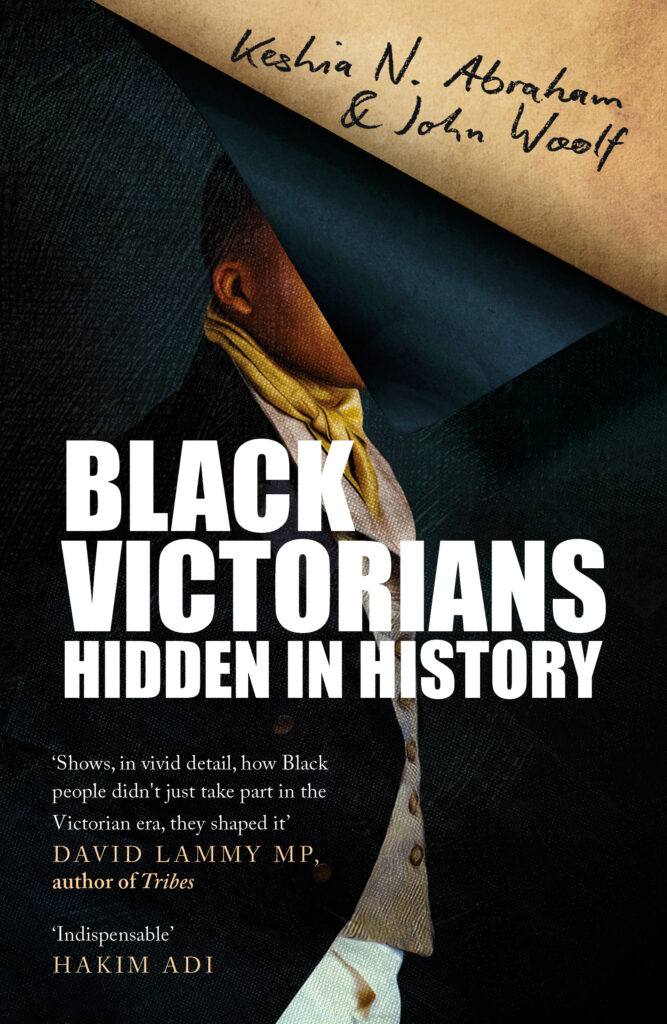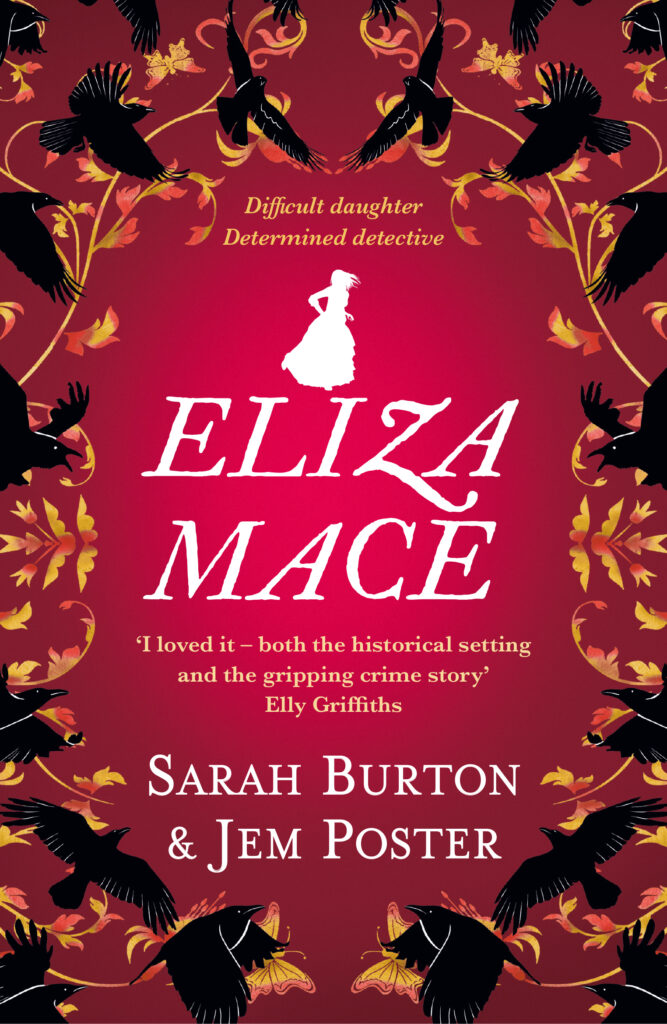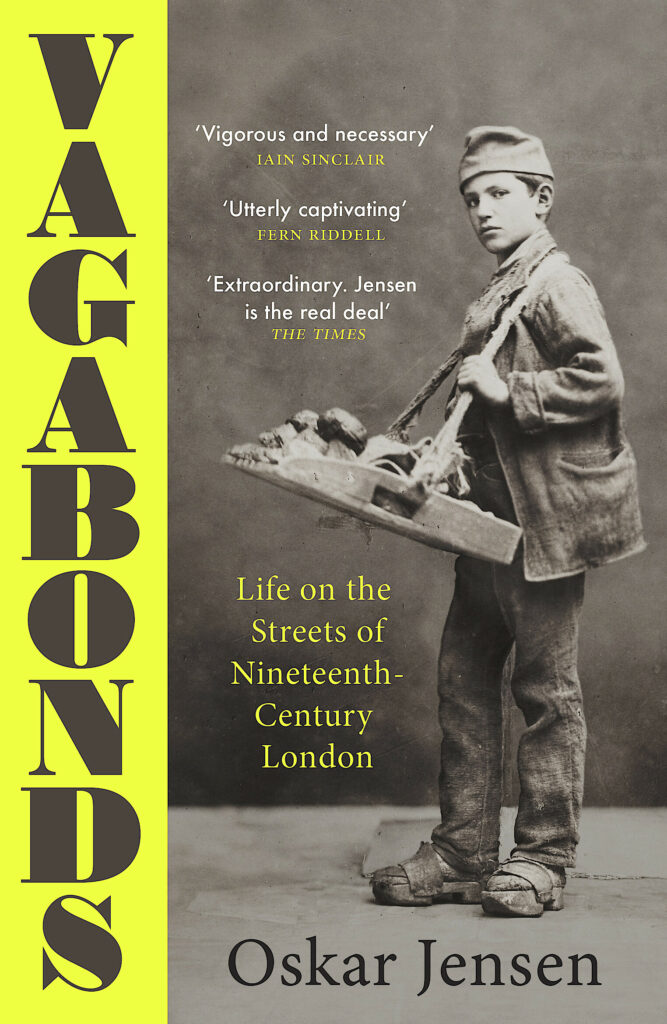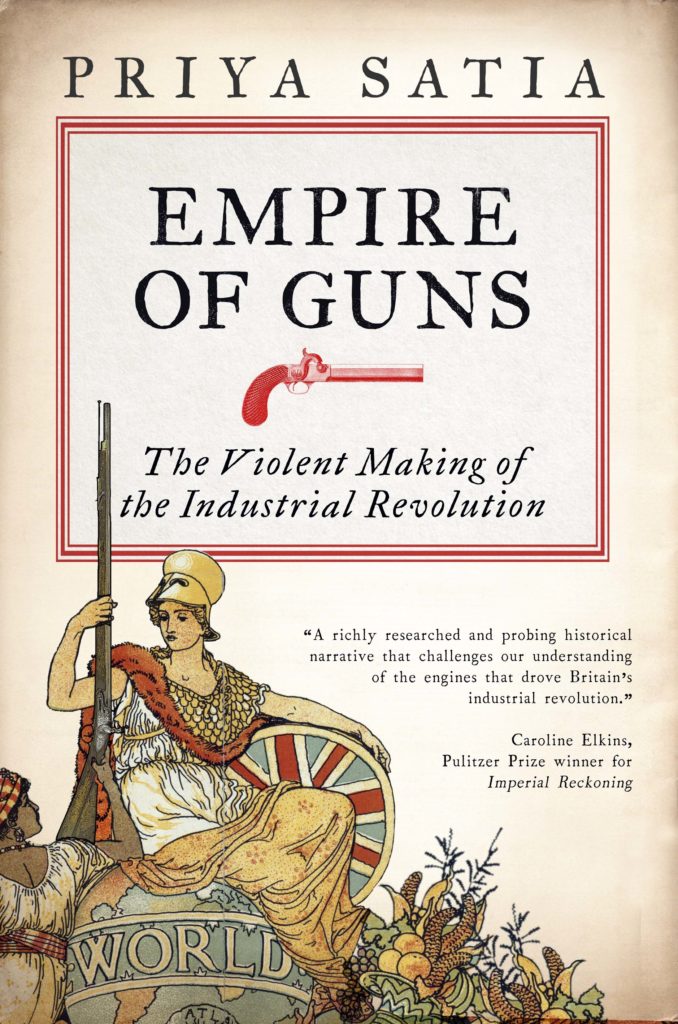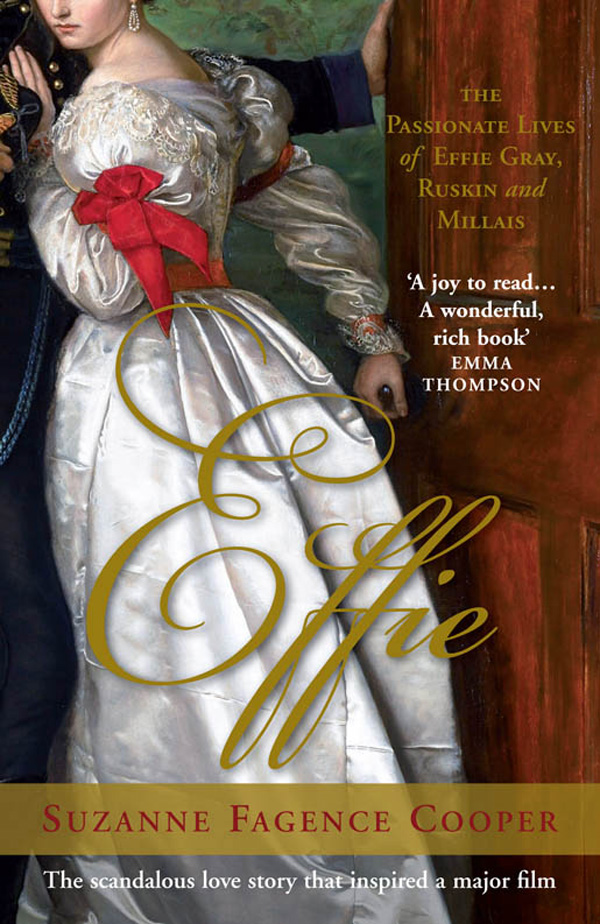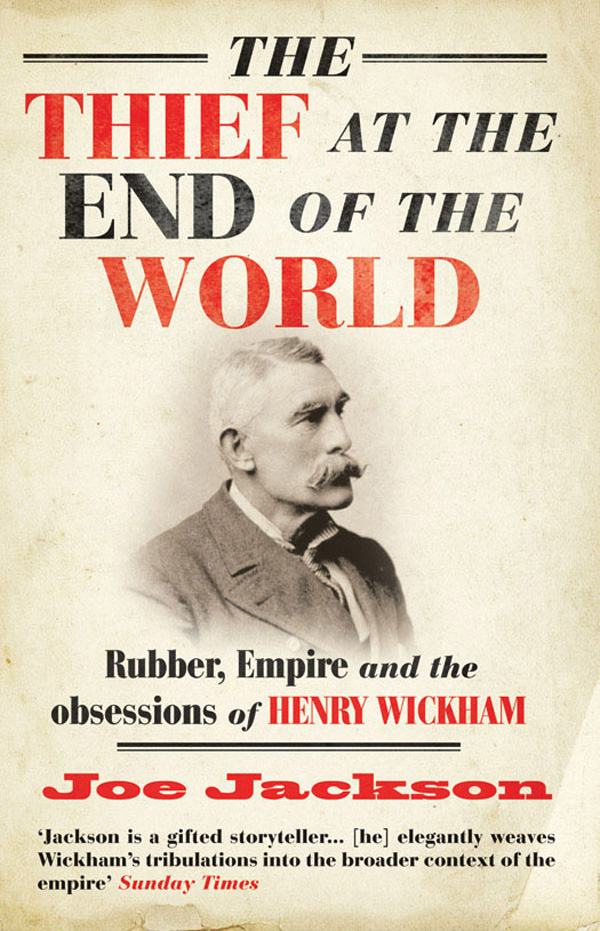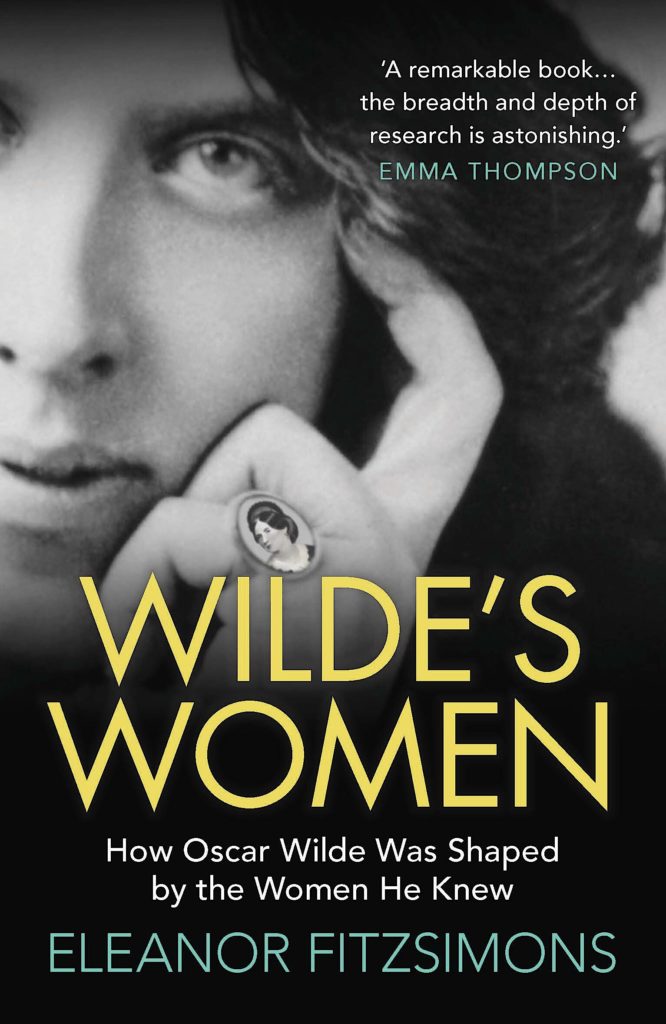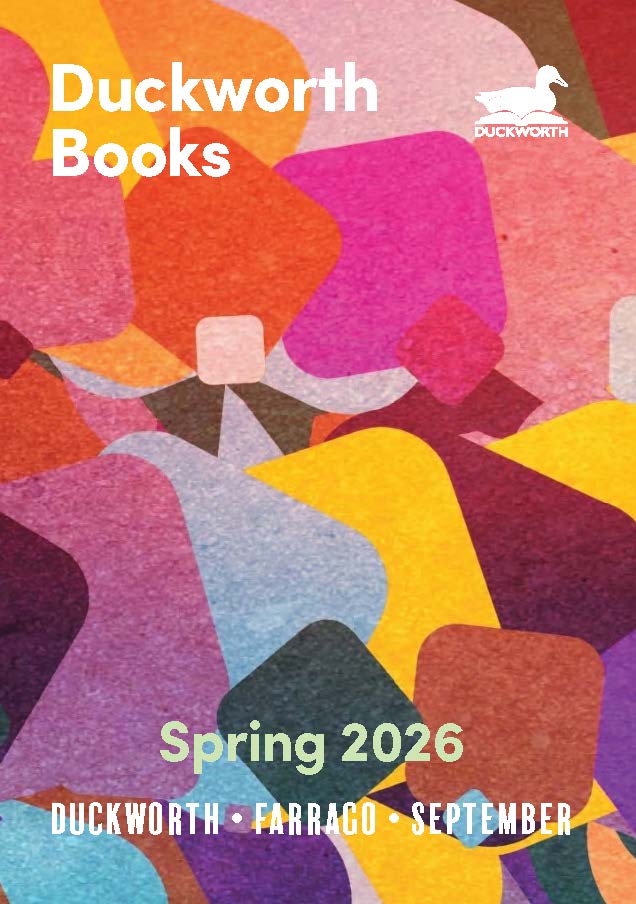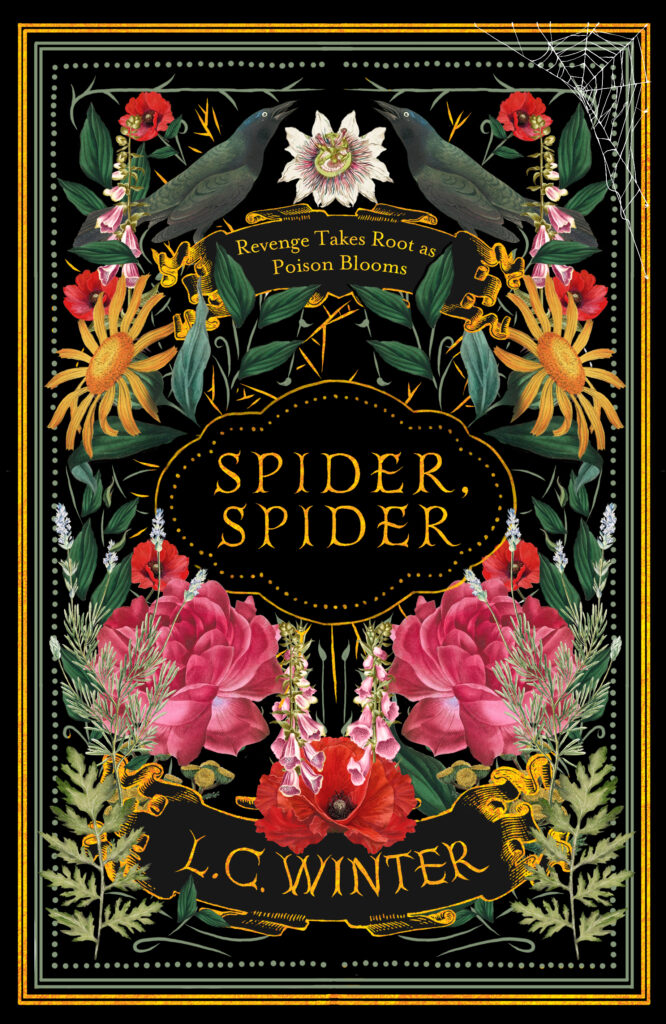
‘L. C. Winter is fantastic writer. If you liked The Silence Factory by the splendid Bridget Collins, I think this is for you’ Natasha Pulley, author of The Hymn to Dionysus and The Watchmaker of Filigree Street
Vengeance is theirs and theirs alone. But who will deal the fatal blow?
Young Nancy Ratcliffe is on the run. Her father had sought refuge for his family with the Brethren, led by the charismatic but dangerous Prophet. But now her father is gravely ill, and even the sooty streets of Victorian London hold less terror for Nancy than the brutality of Brethren Hall.
Meanwhile, Spider is biding her time. Wrapped in dreams and visions, she paces the dark corridors and hidden staircases of the crumbling house she grew up in. The man who murdered a part of her disappeared many years ago, but still she hopes for revenge.
Jet-black and thrilling, Spider, Spider is an unforgettable tale of a woman who has lost herself in the poison of vengeance, and the knife-sharp girl who might just bring her back.
